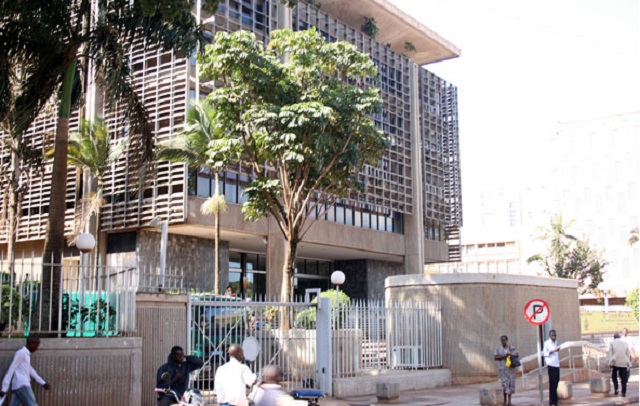
BoU says it’s not responsible for secrecy of customers’ information
Kampala, Uganda | ISAAC KHISA | Privacy of customer data is the bedrock of the banking sector around the world but for a section of Uganda’s commercial banks, this code seems to be slowly eroding— posing a big risk to the industry that for many years has been grappling with low uptake of financial services.
“Banks have to invest in data security. They have the money and can’t go wrong,” said Prof. Waswa Balunywa, the Principal of Makerere University Business School, “Failure to protect information is becoming a trend that will make customers to simply walkaway.”
Balunywa’s caution follows recent incidents of bank account leakages of top bank officials in several social media platforms.
Early this month, dfcu Managing Director, Juma Kisaame, had his bank account details leaked to the public. Kisaame has an account in Bank of Africa (BOA).
Observers say the incident could be attributed to dfcu’s controversial acquisition of Crane Bank in January last year, three months after it was placed under statutory management by the central bank citing under-capitalisation.
Bank of Africa said in a statement that it carried out an extensive investigation and established that one of its staff was compromised to aid access to Kisaame’s bank accounts by outsiders.
In March this year, two account details in Barclays and Diamond Trust Bank belonging to former Director for Supervision at the Bank of Uganda, Justine Bagyenda, were also leaked to the public.
Though the two institutions acknowledged that indeed their officials were compromised and that internal disciplinary actions were being undertaken to address the act, it is not yet clear what happened to the culprits.
None of the banks’ officials were willing to share the outcome of their investigations.
Prof. Augustus Nuwagaba, a lecturer of economics at Makerere University who has in the past led some financial inclusion initiatives says the disclosure of customer information is likely to create loss of confidence in the country’s banking industry and it could actually make people shun banks which in turn could lead to negative consequences.
“When people avoid banks, it means that others cannot borrow to invest in various activities leading to a credit crisis,” said Prof. Nuwagaba. He said it is important for banks to maintain the principle of secrecy for banking to thrive as it is the international practice.
“If banks continue like that (leakage of customer data), then, they will run into reputation risks.”
Nuwagaba says there is need for punitive measures to be put in place for banks and employees that engage in disclosing customers’ information to the third parties without their consent.
However, Charity Mugumya, the director for communications at the BoU, told The Independent that safeguarding customers’ information is entirely the responsibility of commercial banks.
“Yes, we are in charge of regulating banks but they (banks) are in charge of the customers’ accounts,” she said.
This, in essence, means that storing information of any customer is at the mercy of financial institutions— a scenario which could trigger customers to think of alternative saving schemes.
To make the situation even worse, there appears to be no specific law to deal with data leaks in banks and other businesses.
 The Independent Uganda: You get the Truth we Pay the Price
The Independent Uganda: You get the Truth we Pay the Price



